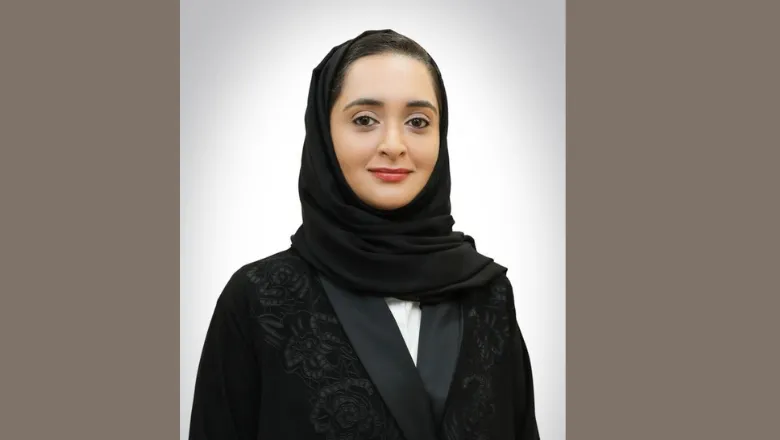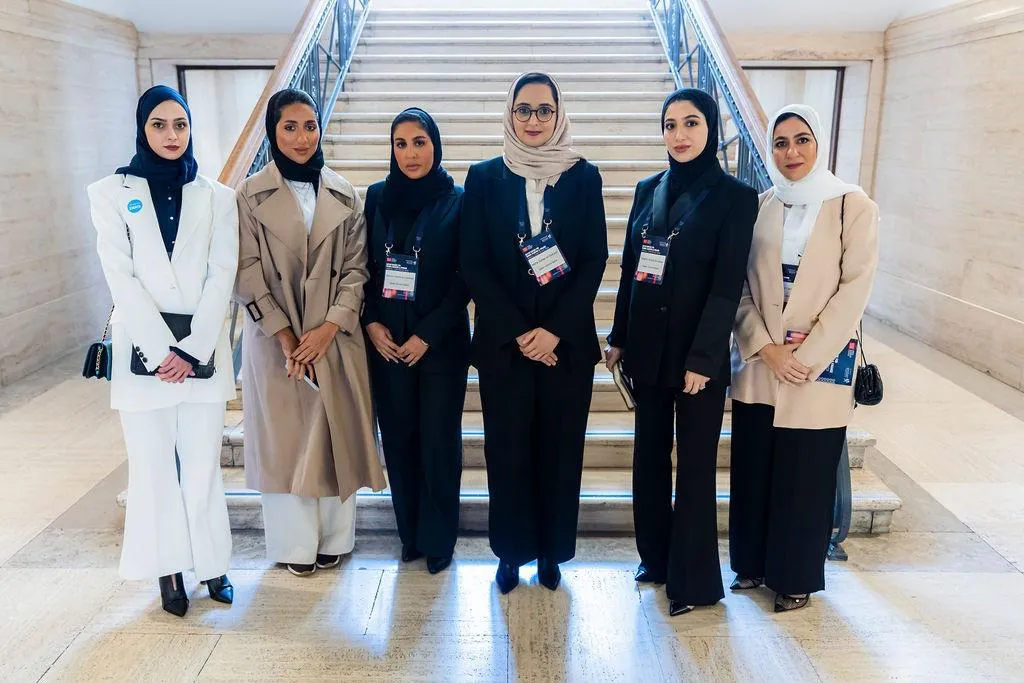Amidst the promising and slowing trends in inflation across the globe, she noted that volatility in growth and inflation would be driven primarily by structural factors, not only by business and financial cycles which are predictable to some degree.
She pointed out that the IMF’s global medium-term growth forecast was the weakest since 2008, and that central banks also faced unfamiliar challenges that will impact our economies, prosperity and resilience in the years to come.
She warned that the recent inflation crisis had taught the importance of being predictive and proactive and that in order to do so, central banks must broaden the tools and information they use to identify and manage risks:
During her speech, she spoke about the Qatar Central Bank's forward-looking strategies in the area of Fintech, digitisation, and climate change.
She concluded on an optimistic note and observed that in common with Qatar, many central banks around the world are developing strategies around Fintech, digitisation, and climate change. ‘Better education leads to better technology and innovation,’ she said. ‘We should always be optimistic about the future and have the courage to envision it.’
After her speech, Maha Sultan Al Sowaidi joined Professor Shitij Kapur, the Vice-Chancellor & President of King's College London to unveil a plaque at the Qatar Centre for Global Banking and Finance’s offices in King’s Business School.
The plaque commemorates the generous gift from the central bank that enabled the establishment of the Qatar Centre for Global Banking and Finance. The Centre works to equip current and future international banking and finance leaders with research and research-led teaching of the highest quality, to support them in their response to global financial and economic challenges.



